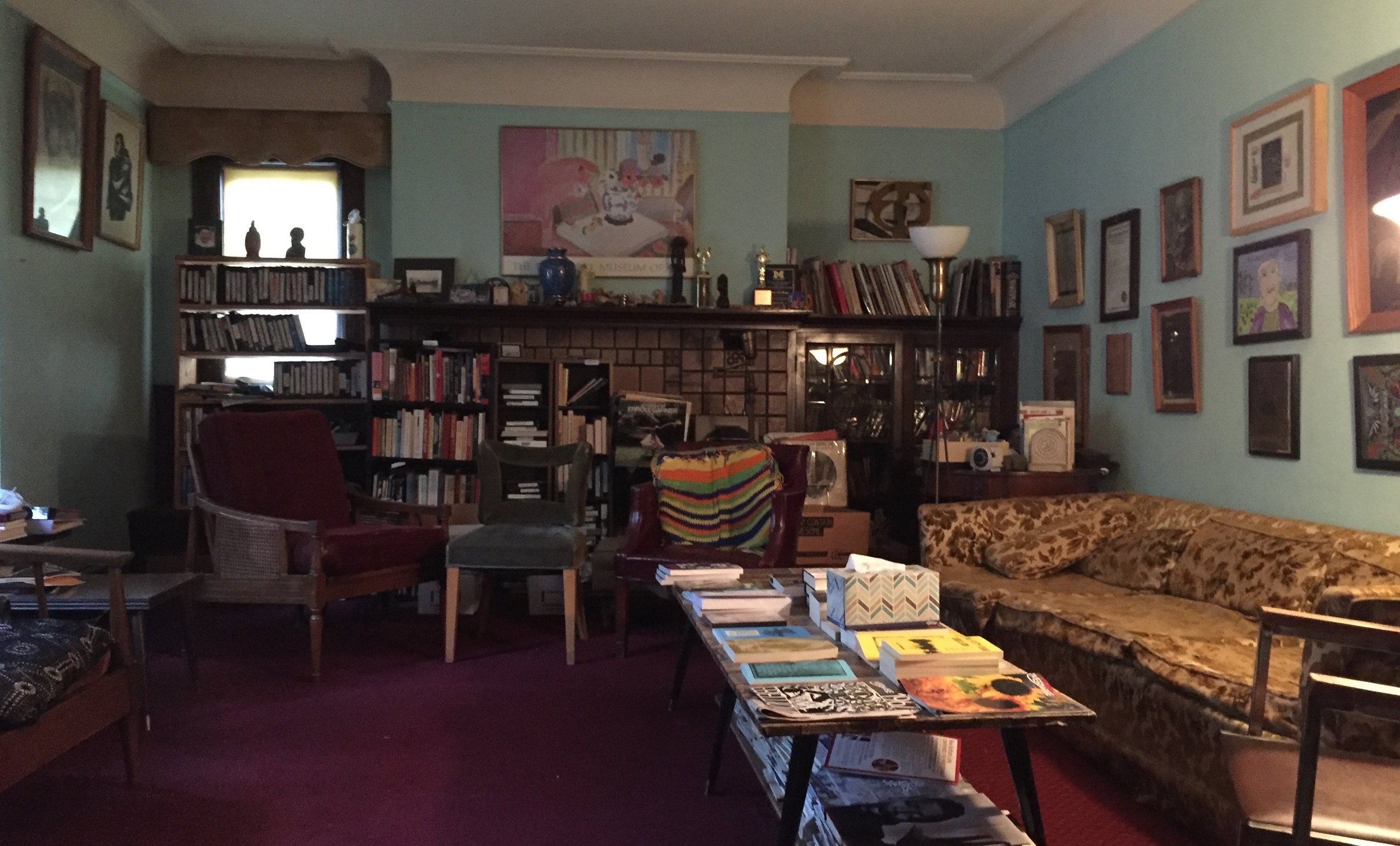
Living for Change is a weekly newsletter that provides the perspective and activities of the Boggs Center and related organizations. Thinking for Ourselves is a weekly column exploring issues in Detroit and around the Country. The column was originally published in the Michigan Citizen.
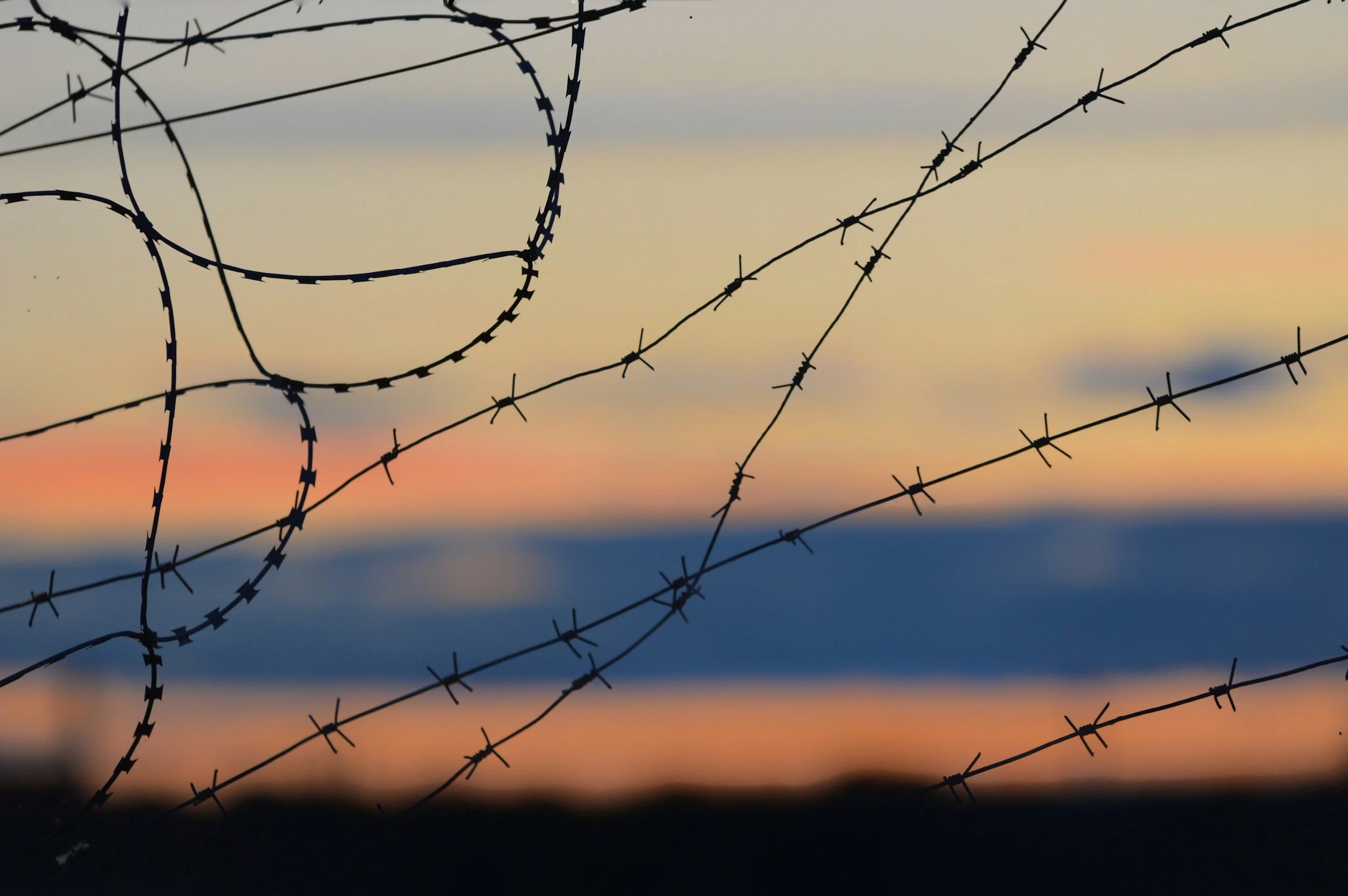
War talk
The Trump administration has declared war on two fronts. Venezuelan drug dealers and the people of our cities. The declarations of war are essential to provide legal cover and moral confusion over what would otherwise clearly be murder, kidnapping, illegal use of force, and the misuse of massive federal funds for personal gain.

Watching police
The Detroit City Council meeting this week was greeted by demonstrators who gathered to support greater police accountability and transparency. The city council is considering a new ordinance to require the release of body-worn camera imagery. Community members, who have been working on such legislation since 2020, are opposing this watered-down, weak version offered by Councilperson Angela Whitfield-Calloway.

Crime problems
This week, Vice President JD Vance visited a manufacturing plant in Howell, MI to promote the “big, beautiful” budget passed by the Trump administration. It is unusual to promote a budget once it has become law. But the need to do so reflects the degree to which the current drive to consolidate power is bumping up against growing discontent as the economy falters.
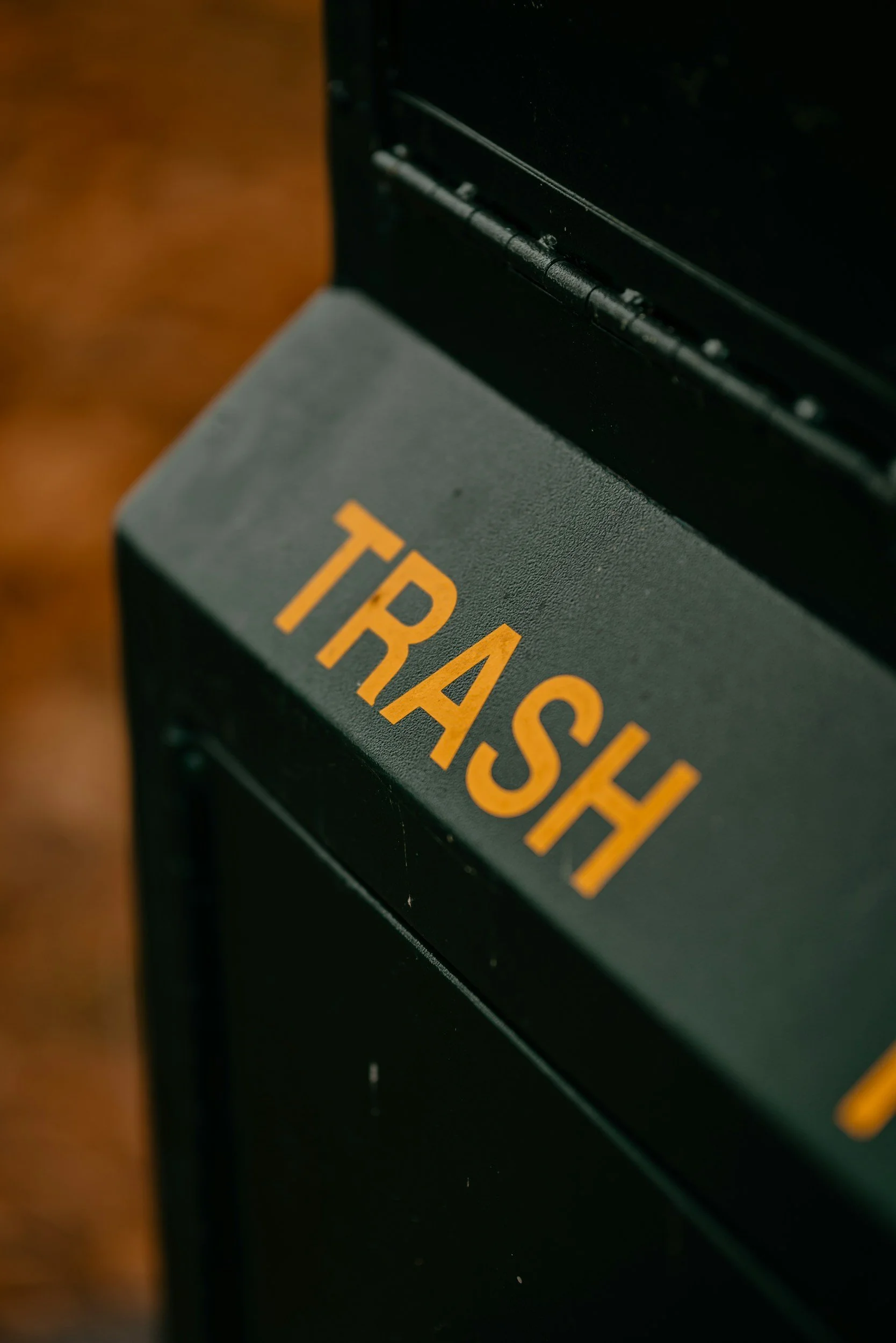
Disposable cities
The occupation of Washington D.C. is winding down as Trump threatens other cities with invasion. His long-term plans have taken an even more sinister turn.
The image of Trump in a cowboy hat in front of a flaming Chicago skyline has been well circulated. His reference to a crazy cavalry commander in the 1979 Vietnam War film Apocalypse Now was obvious, as was his threat that “Chicago (is) about to find why it’s called the Department of War.”
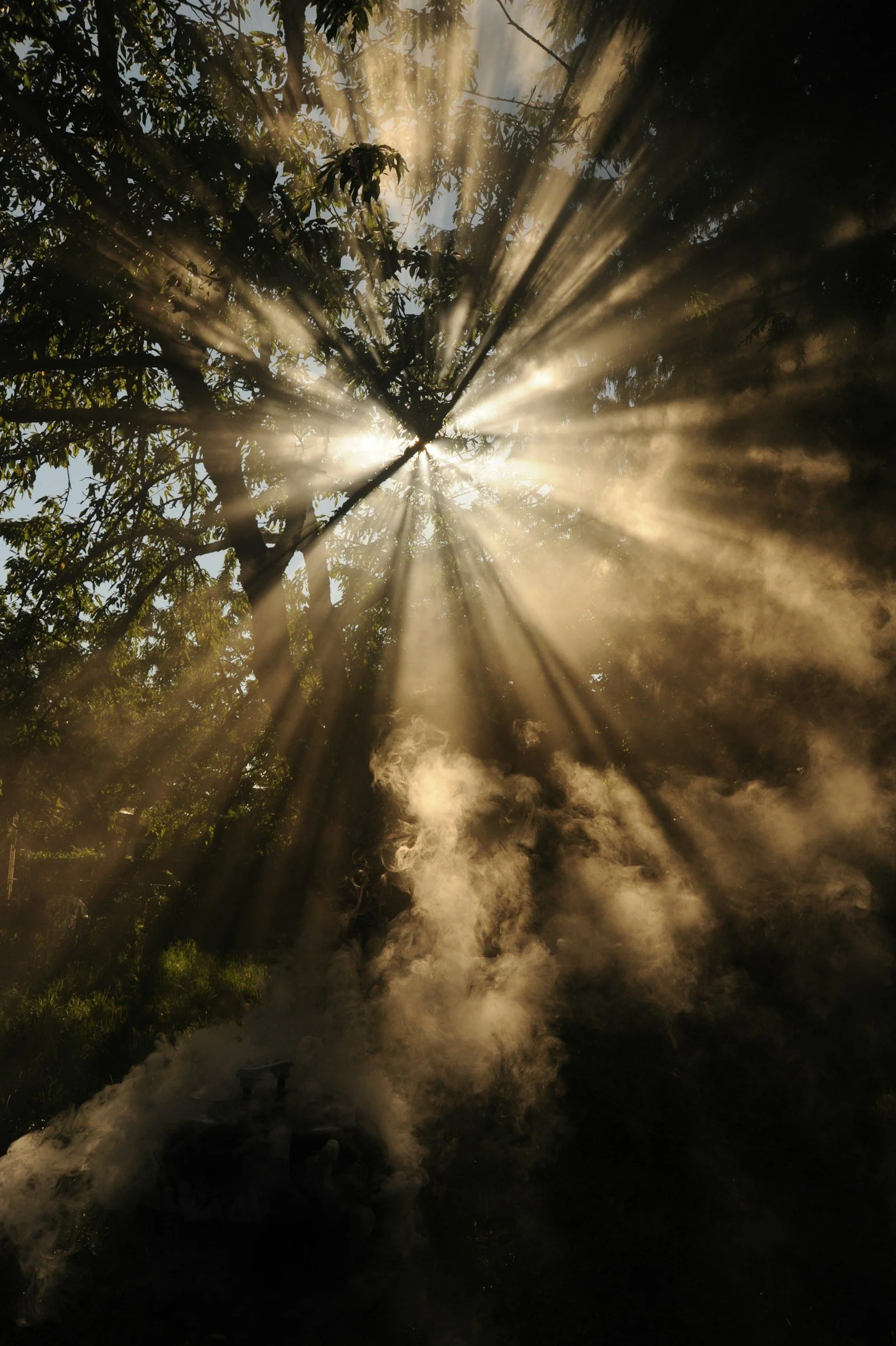
world we want
The drive to weaponize the military against U.S. citizens is intensifying. In spite of legal setbacks and widespread public concern, the authoritarian forces in our country recognize that their ability to hold on to power requires the use of force against the majority of people.
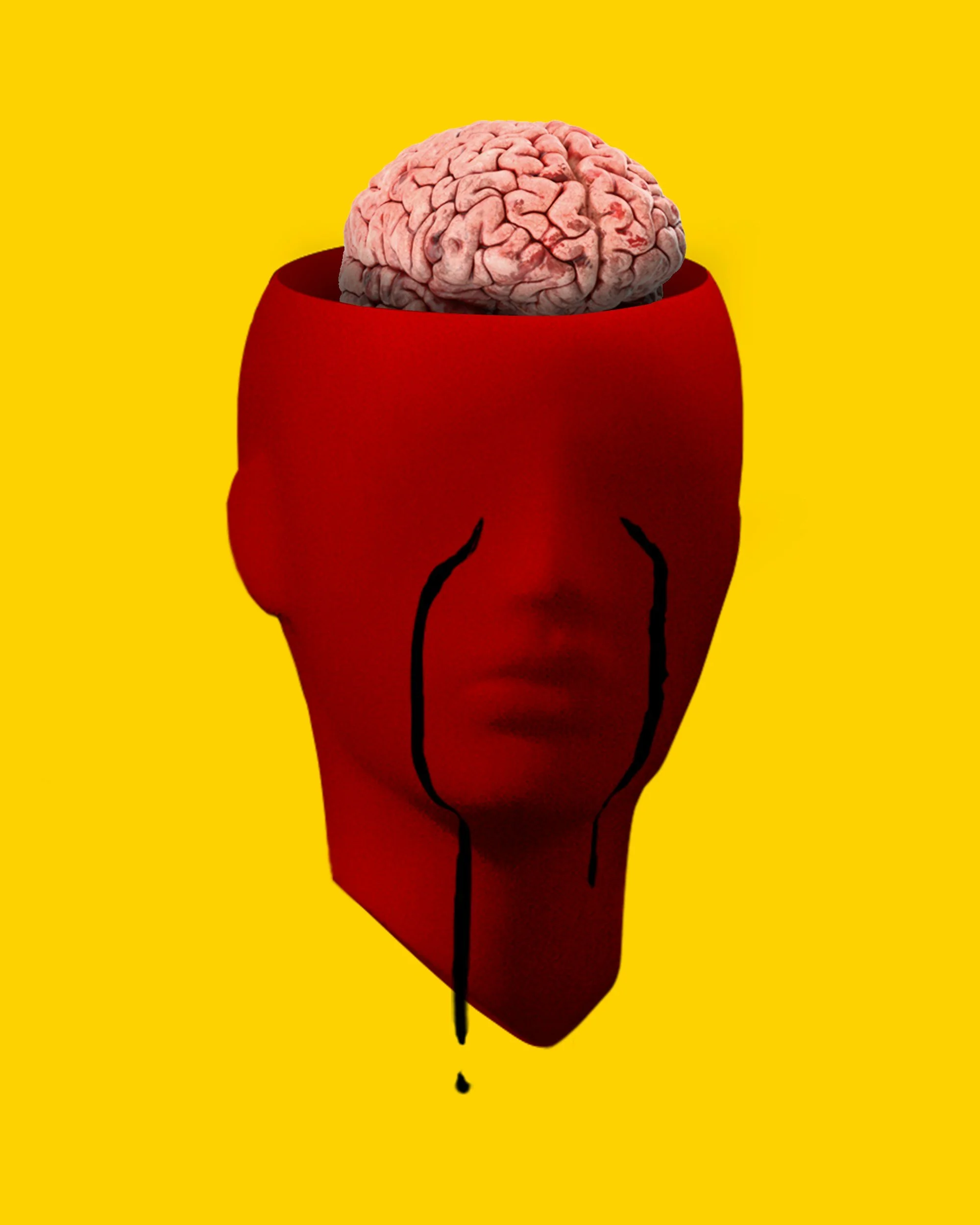
Weaponizing memory
Controlling public culture is essential to the consolidation of fascist power. This is central to the daily functioning of the Trump administration. The most recent example has been the attack on the Smithsonian Museums. Trump has decided to replace all exhibits that are deemed divisive” or “ideological” with descriptions deemed as “historical” and “constructive”.
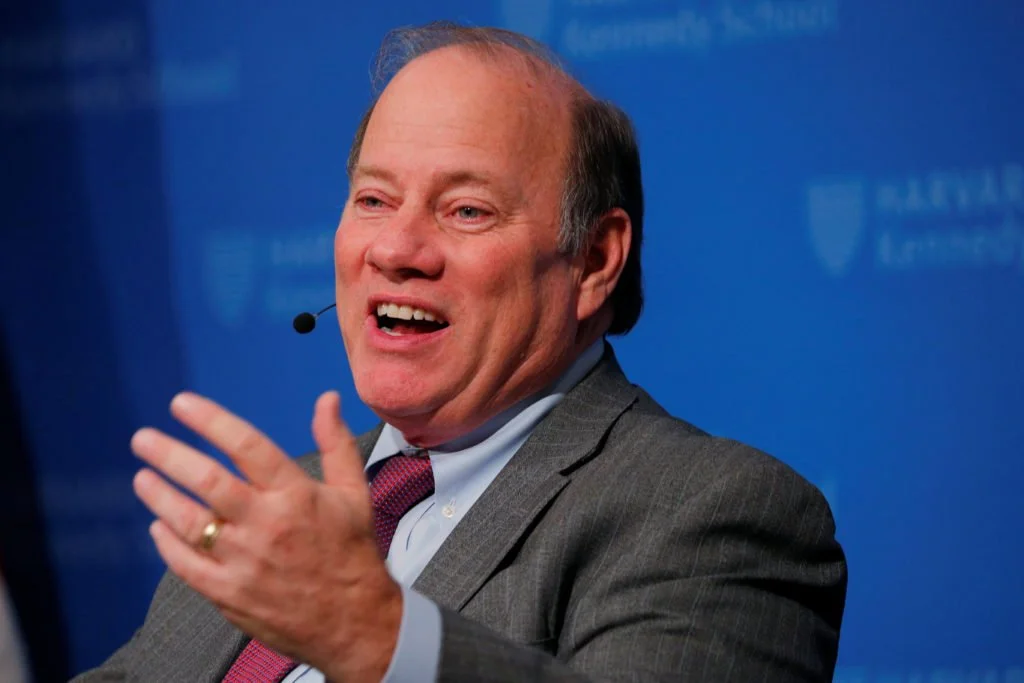
Where we stand
Mayor Mike Duggan is demonstrating the kind of moral bankruptcy that contributes to the authoritarian takeover of our lives. He has disgraced the legacy of our city and placed himself on the side of those who pursue personal gain over principle. He has shown a complete lack of understanding of the dangers we are all facing at this moment.
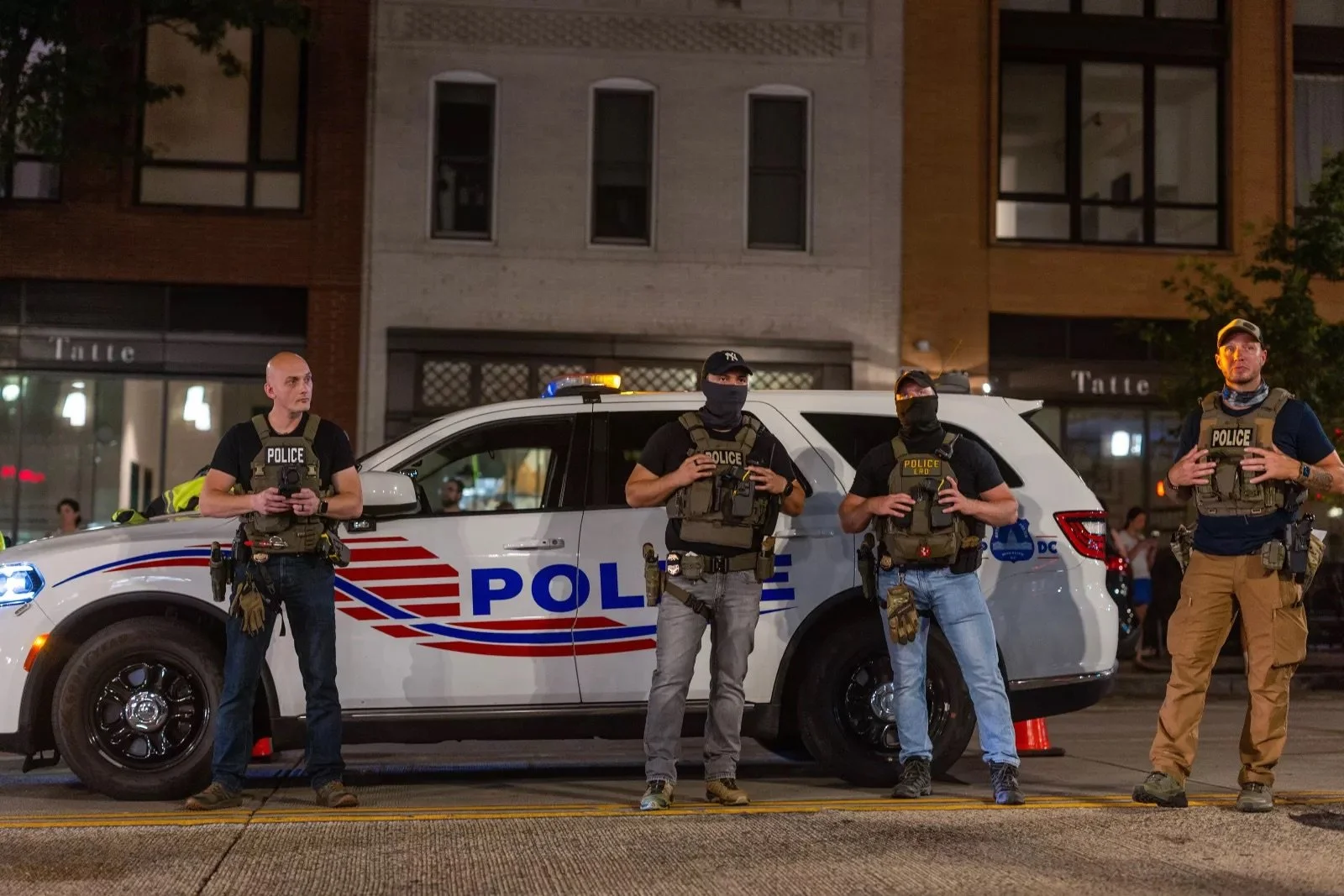
Collision course
The takeover of the Washington D.C. police department and the deployment of National Guard and FBI agents are the next steps in establishing a national police force. Such a police force is essential for the authoritarian consolidation of power and the destruction of local, vibrant democracies.
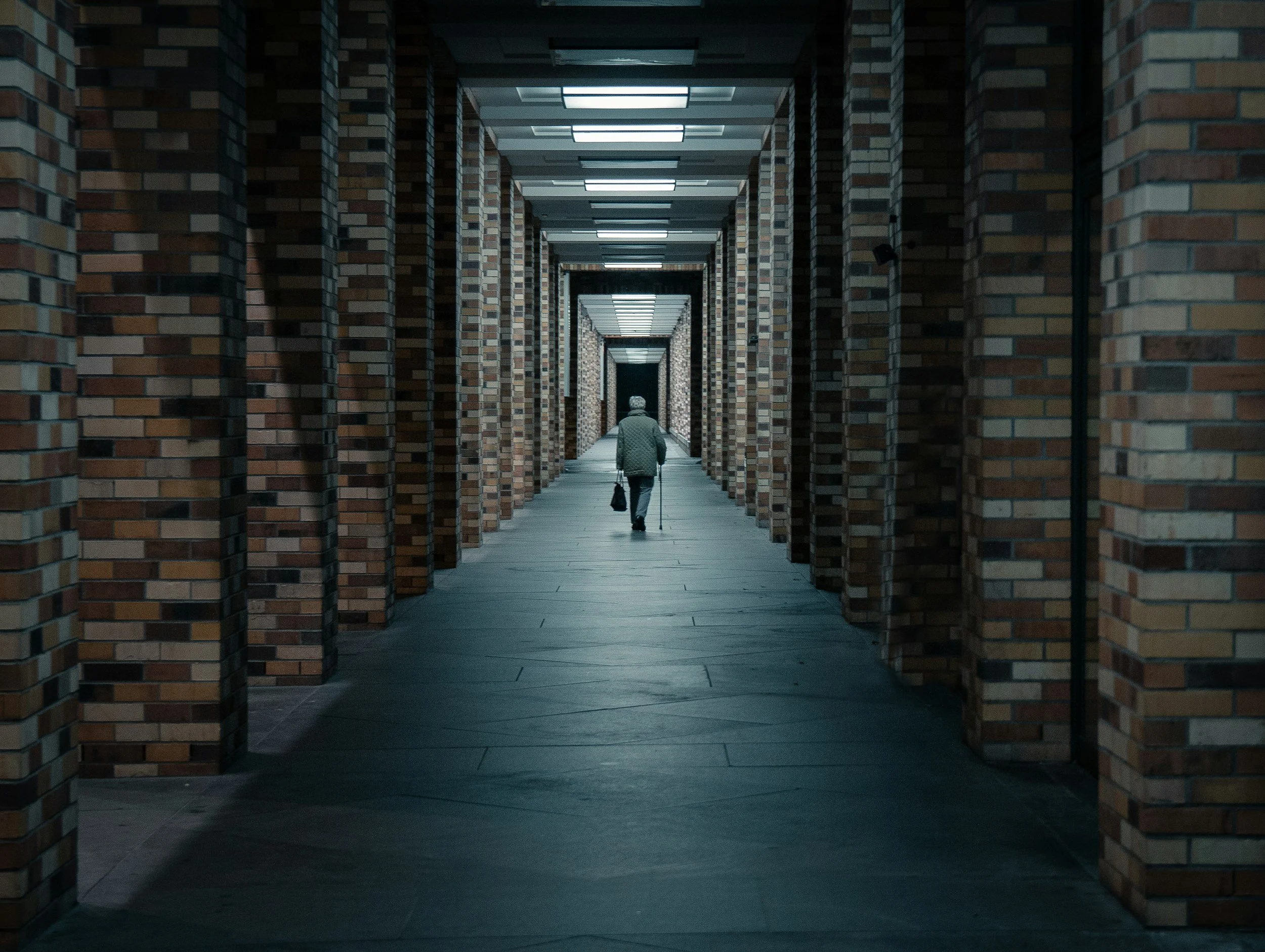
Impossible choices
The contradictions within people acting as immigration agents are intensifying. The Department of Homeland Security has launched an effort to recruit thousands of new Immigration and Customs Enforcement (ICE) agents.
This effort comes in the midst of growing numbers of people who are quitting ICE for moral reasons. A recent article in The Atlantic reported on the conflicts some agents are experiencing as the administration emphasizes deporting a million people.

Turning Tides
We are witnessing a shift in public opinion on immigration. After decades of anti-immigrant propaganda, the actions of the current administration are so repulsive that the majority of people are objecting to what they regard as “harsh” violations of human rights. This shift is a result of the countless acts of courage that have made visible the lawless, cruel actions of an administration cynically manipulating fear to forge instruments for its own power.

Starving Gaza
There are moments when the pain of the world grabs hold of us. As brutality, greed, and violence accelerate, the assault on human beings and on the world that sustains our lives has taken on a vicious force. The use of starvation as a weapon of war in Gaza is happening in front of the eyes of the world. In spite of the Israeli Government’s effort to corral and kill journalists, the reality of what is happening now in Gaza is shaking the world at its core.
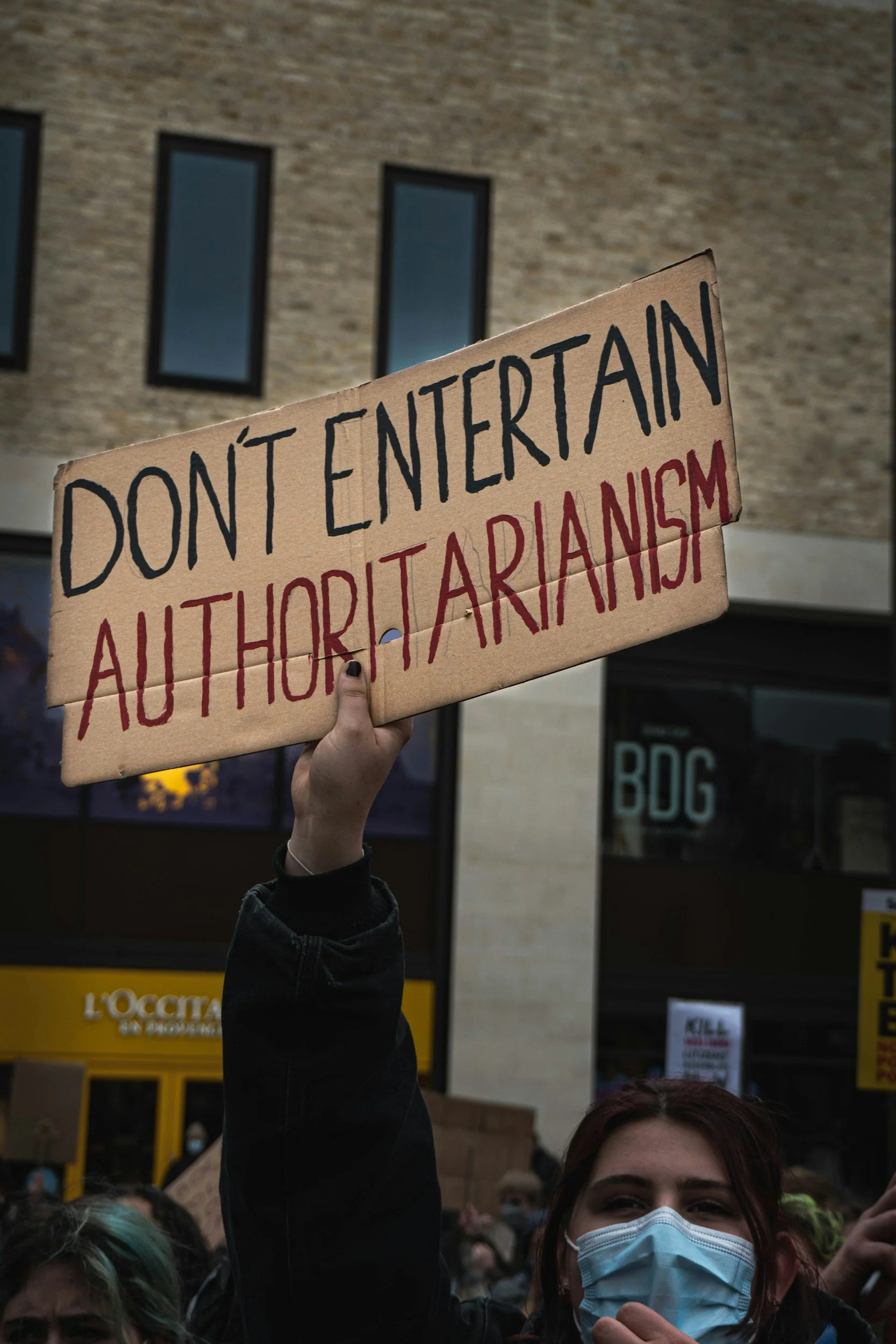
Disrupting acts
People of faith marched to the Detroit headquarters of U.S. Immigration and Customs Enforcement (I.C.E) this week to deliver a letter demanding humane and dignified treatment of people who are being victimized by federal authorities. The security guard at the door refused the letter and slammed the door on the group lead by priests and nuns.

Local power
This week, federal agents intensified their attacks on immigrants and people attempting to protect them. In Southern California, media captured images of police and protesters clashing, as federal agents unleashed chemical weapons for crowd control. In the end, in the midst of terror and turmoil, agents detained 10 children, 8 of whom were not accompanied by adults.
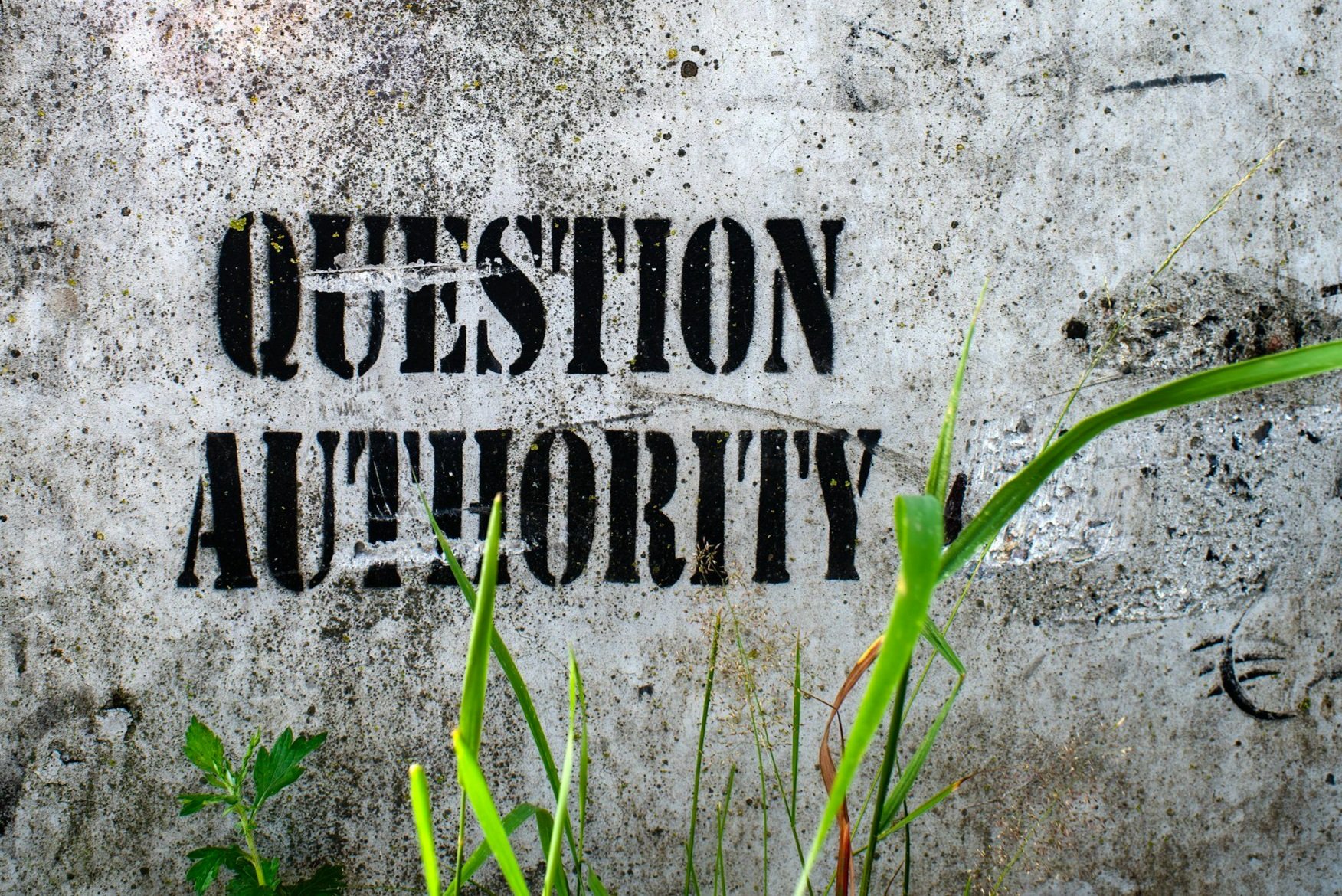
Basic questions
ICE agents in Detroit are out of control. A few days after the Detroit Board of Police Commissioners passed a resolution expressing disapproval of the tactics of federal agents in our city and demanding that they adhere to basic standards of First Amendment and Due Process protections, chaos broke out as ICE invaded a neighborhood. A massive, militarized presence including Border Patrol, FBI, Drug Enforcement Administration, Bureau of Alcohol, Tobacco, Firearms and Explosives and the U.S. Marshals was engaged in an effort to apprehend Marcos Fabian Arita Bautista.
The danger posed by Mr. Arita justifying all of this firepower appears to have been his plea of guilty in 2022 of driving an unregistered vehicle without proper insurance or title.
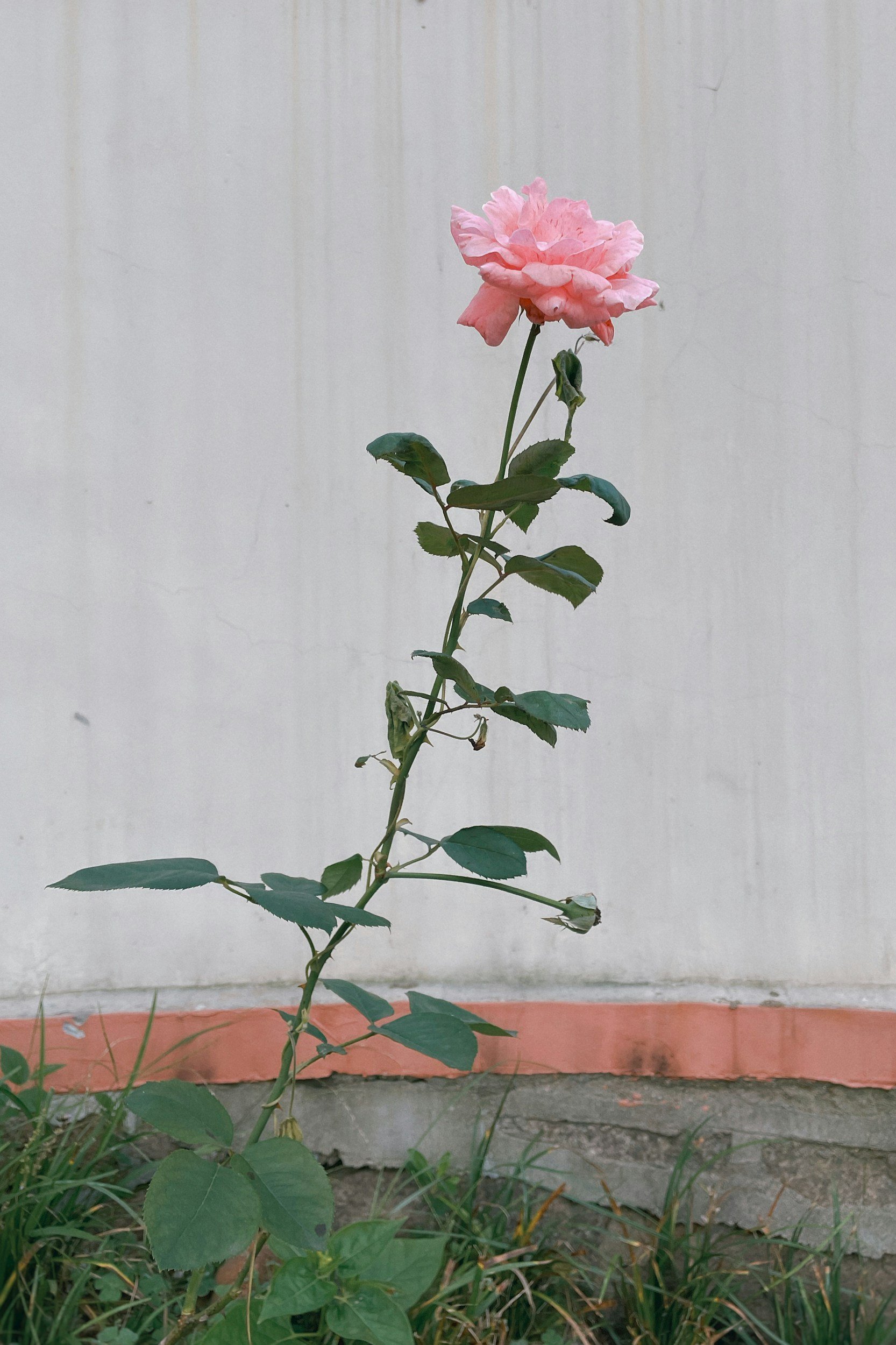
Courageous act
This week the Detroit Board of Police Commissioners reminded us of the wisdom of ensuring citizens have control and oversight of police. Established in 1974, in the aftermath of the Detroit rebellion, the BOPC was created to address issues of police brutality. It was empowered with “supervisory control and oversight” of the police, given the power to review and investigate complaints, formulate policies and practices, and approve budgets. It also was given the power to subpoena witnesses and take testimony.
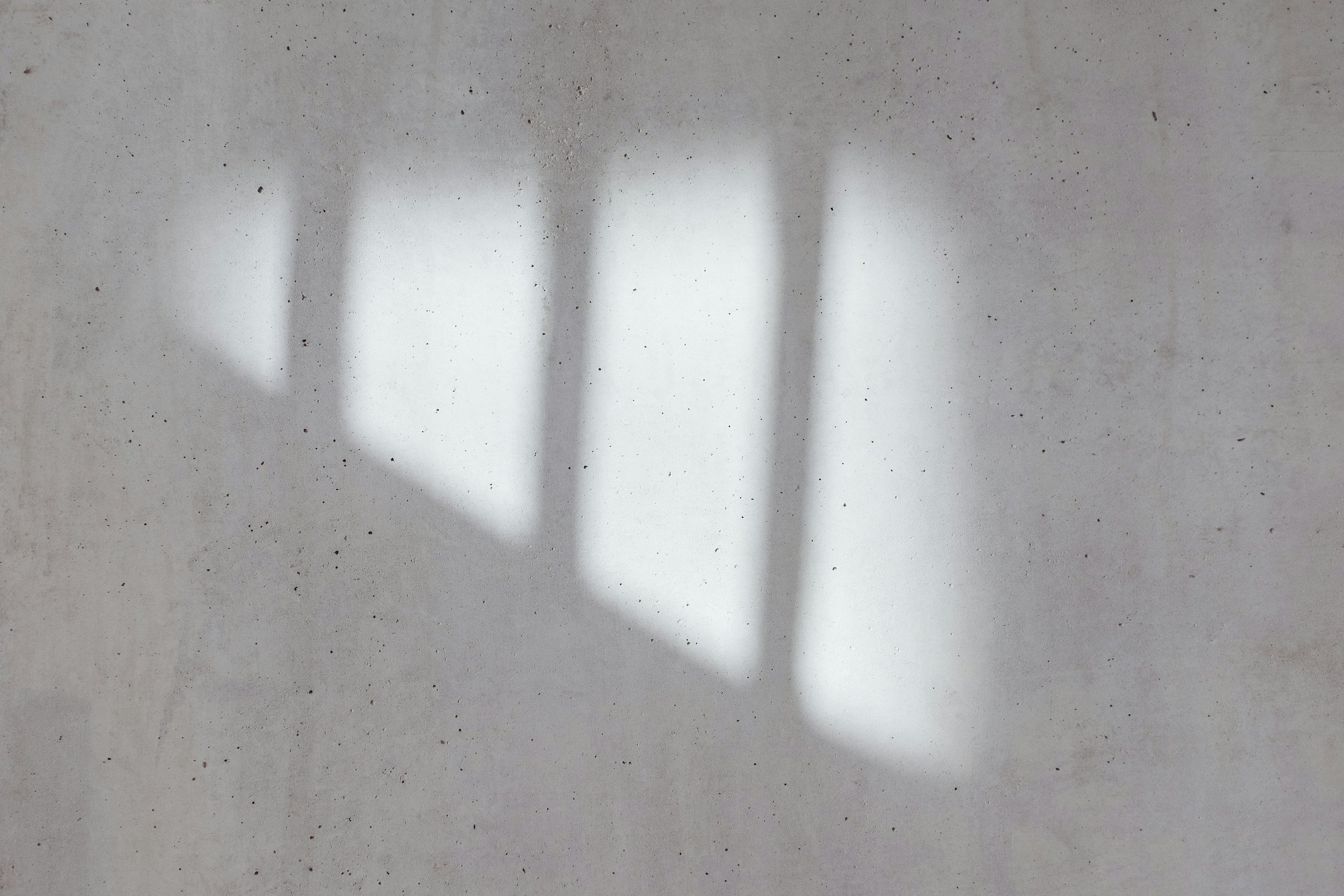
A long specter
The possibility of expanding war is clear. Already the US is complicit in the Israeli strikes on Iran, as we are in the destruction of Gaza, the bombing in Syria, Yemen and Lebanon.
Iran possess an opportunity to use weapons that have been considered too dangerous to use, until now. The Israeli government wanted the US to drop its most powerful bomb, short of a nuclear weapon, to destroy Iran’s heavily protected nuclear facility, Fordow.

Pivotal moment
We are at a pivotal moment. The level of violence and cruelty emanating from the federal administration is escalating. And so is the resistance. This past week people in and around Los Angeles offered us a glimpse of what is the best in us. People stepped forward to protect their friends and neighbors from tactics of terror.

Emerging splits
The Trump-Musk breakup was predictable. The petty, self-interested, vindictive, cruel, and childish behaviors that characterize their public actions have burst into open conflict. Economist Robert Reich provided an apt summary of the affair saying, “That any of us have to care about the messy breakup of these two massive narcissists—and that they both individually wield such massive power—is an indictment of our political system and further proves the poisonous influence of Big Money on our democracy.”

Other memorials
Five years ago, on May 29, the people of Detroit took to the streets in a massive outpouring of grief and rage at the killing of George Floyd by a Minneapolis police officer. They joined what was to become the largest social movement in the history of this country. For 100 consecutive, contentious days, Detroit Will Breathe provided leadership for marches, meetings and teach ins.

For Memorial Day
The first “Decoration Day” was proclaimed by Gen. John Logan of the Grand Army of the Republic, and organization of former Union soldiers and sailors. States and finally the federal government followed in establishing the last Monday in May as a time to remember those who lost their lives in war. This official recognition came because of the thousands upon thousands of people who gathered at the end of every May to decorate the graves of those people lost to war. After the Civil War, this practiced touched every community. People marked the loss of loved ones with graveside visits, parades, and speeches.
